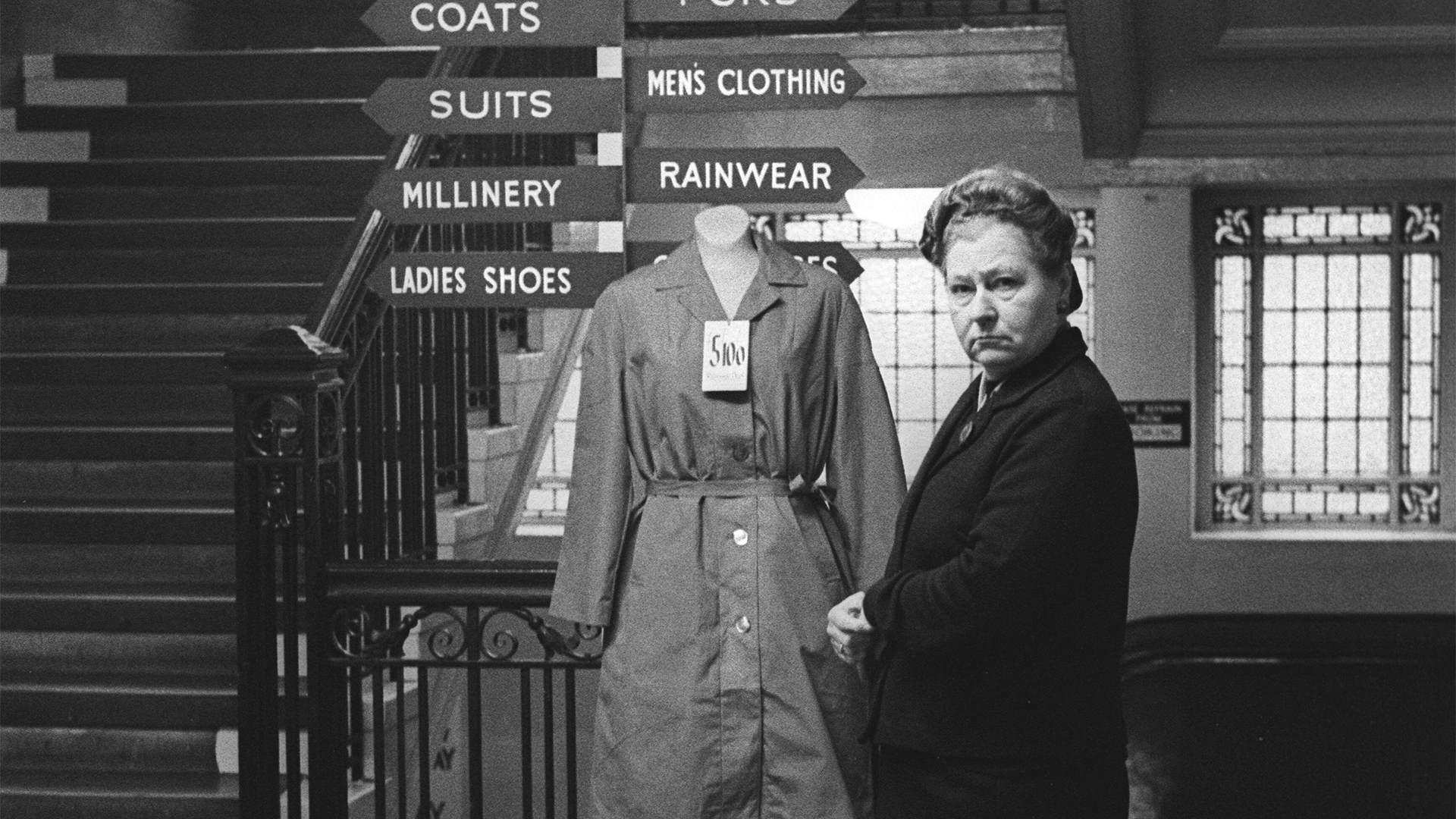Because I go on about it all the time, politicians and the public ask me, what would you need to do if you sincerely wanted to get rid of poverty? What would be the first thing?
The first thing I would do is an audit of what is being delivered by government at the moment. What works and what doesn’t work. Where are the holes in the Swiss cheese of governmental delivery? I would make this audit as thorough as time would allow. It might take six months to complete. It would highlight sterling examples of poverty-busting activity. And it would highlight the things that governmental practices do which end up enshrining people in poverty. ‘Warts and all’, it need not dress things up as workable when they are unworkable.
What we do know is that circa 80% of the government response to poverty is spent in dealing with the emergency thrown up by poverty. That is, bringing relief to the poor. It’s poverty money that does not generate opportunity. It holds the hands of the poorest caught in poverty. The vast array of thinking around poverty focuses on the emergency of poverty. It’s about trying to give the poor more. Never about how we prevent poverty, or how we cure people of poverty. Because we are so obsessed with how painful poverty is, the big money goes on bringing ‘succour now!’.
Get the latest news and insight into how the Big Issue magazine is made by signing up for the Inside Big Issue newsletter
The only problem with this is that you postpone turning off the tap of poverty. You don’t spend wisely to prevent significant amounts of poverty. So a social audit of what is being done at the moment by government would throw up the tawdry reality that they are maintaining people in poverty because we do not have the right thinking enshrined in government to go about dismantling poverty. It is staggering the amount of money that is spent on keeping people poor; because it is expensive keeping people poor.
So let us carry out an audit and see if there are parts of the poverty programme that should be reduced; or duplicated because they work perfectly. And let’s jettison the rest. Following the audit we need to create something like an old-fashioned department store.






